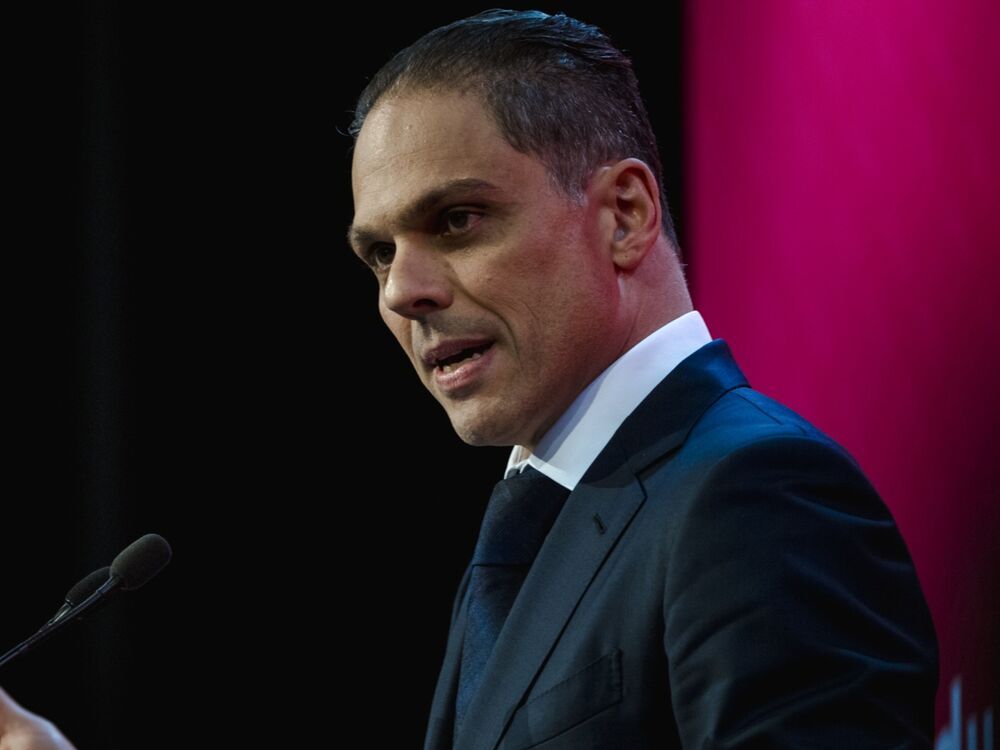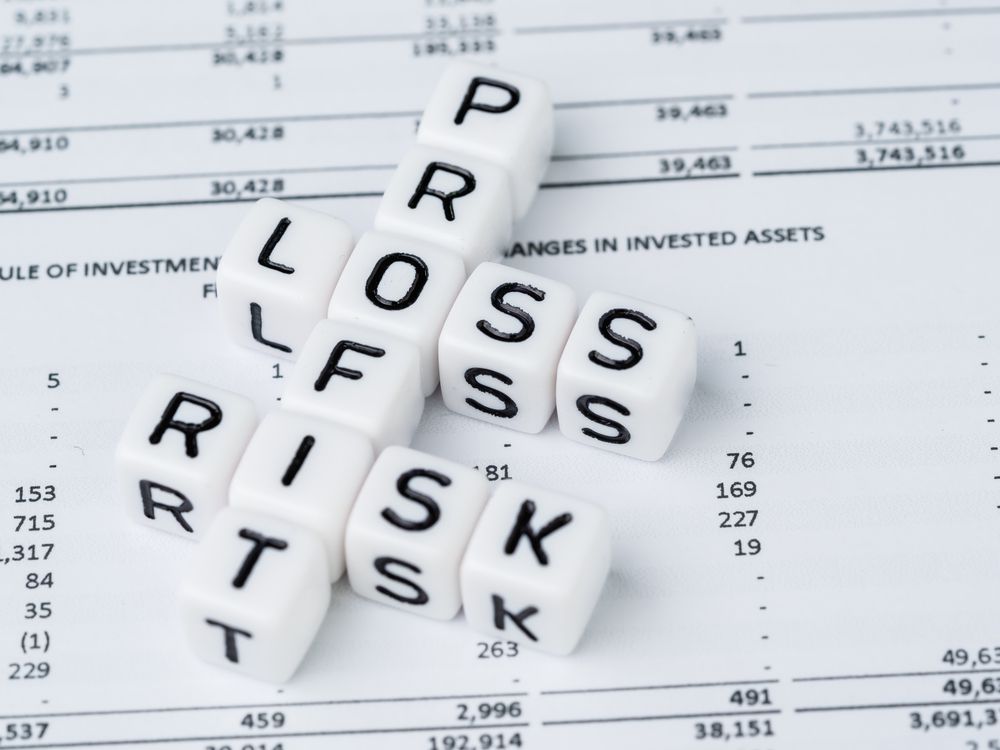Due to technological advancements, air travel has never been safer. However, despite all these new technologies, one constant remains: the human factor. Specifically, the most critical individuals are the pilots. Unless we develop pilotless airplanes, a possibility that won’t materialize anytime soon, pilot behaviour remains essential.
Do pilots maintain a strong focus on safety and risk management, do they have good mental health?
Reference [1] examines the risk-taking behaviour of airline pilots. The study was motivated by the Boeing 737-300 aircraft crash during a flight from Jakarta to Singapore, which tragically resulted in the loss of all 104 lives on board. One hypothesis proposed during the investigation suggested that the crash may have been intentionally caused by the captain who had been involved in stock trading activities and had allegedly incurred significant financial losses before the incident.
The author pointed out,
Several factors may predispose airline pilots to problematic financial behaviors. First, the presence of novelty-seeking personality traits among pilots, such as high extraversion scores, particularly in facets like assertiveness, activity, and excitement-seeking, may contribute to increased risk-taking in financial decisions. Second, the relatively high salaries of commercial pilots may provide more opportunities for engaging in high-risk financial activities. Third, aviation industry disruptions, like those recently experienced due to the COVID-19 pandemic and potentially in the future due to climate change, may lead to a peculiar set of circumstances, including increased free time, which may exacerbate risk-taking behaviors…
This case report elucidates the potential for high-risk financial behaviors to manifest as a form of behavioral addiction, particularly within the context of occupational stress and disruption. It underscores the imperative for enhanced awareness, targeted screening protocols, and tailored interventions within occupational health settings, with a specific emphasis on safety-critical professions such as commercial aviation… Additionally, empirical studies examining the prevalence of high-risk financial behaviors and pathological gambling among aviators, as well as their potential ramifications on flight safety, would contribute significantly to the existing body of knowledge in this domain.
In summary, airline pilots may be prone to excessive financial risk-taking behaviour.
While this paper primarily presents a case study and does not provide concrete statistics from a significant sample size, it highlights an important trait of airline pilots. Studies like this will certainly contribute to further improving the safety of the airline industry.
Let us know what you think in the comments below or in the discussion forum.
References
[1] Piercarlo Minoretti, From the Flight Deck to the Trading Desk: Gamblified Investing Behavior in a Commercial Airline Pilot, 2024, Cureus 16(8): e66861. DOI 10.7759/cureus.66861
Further questions
What's your question? Ask it in the discussion forum
Have an answer to the questions below? Post it here or in the forum

SAN MATEO, Calif. — BeiGene, Ltd. (NASDAQ: BGNE; HKEX: 06160; SSE: 688235), a global oncology company that intends to change its name to BeOne Medicines Ltd., announced it will change its Nasdaq ticker symbol to “ONC” on January 2, 2025, reflecting its long-standing commitment to…

Canadian Western Bank acquisition 'a stepping stone to accelerate our organic growth' says National Bank of Canada CEO

When everyone heads for the exits as this cycle ends, only to find there are few buyers waiting, things will turn very ugly
Deloitte UK will cut spending on travel and expenses by 50% amid a sharp slowdown in consulting since the pandemic
